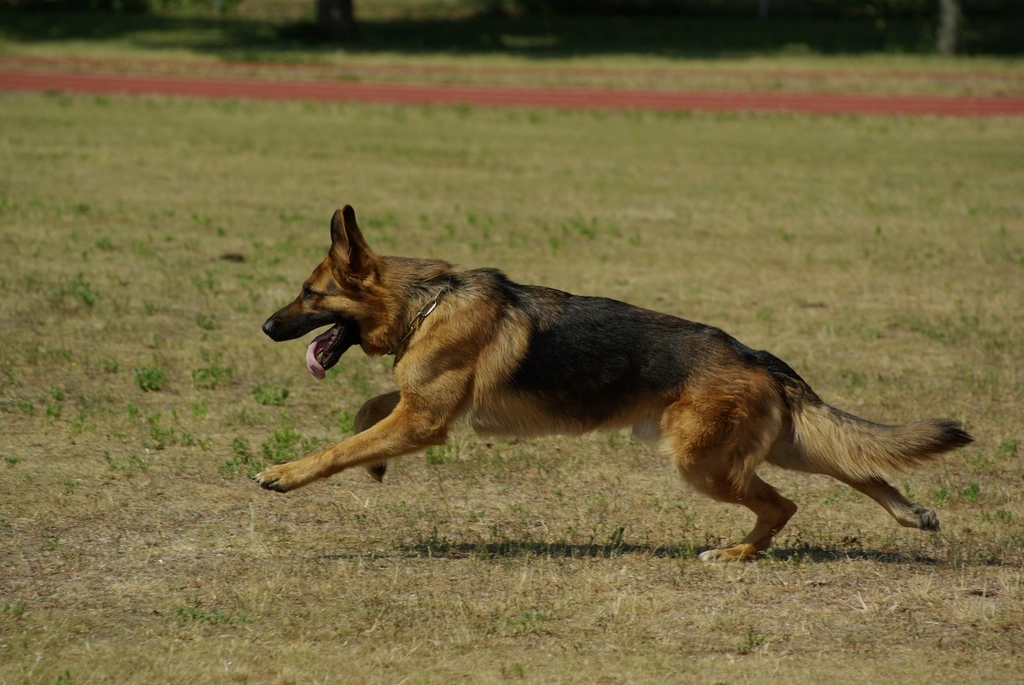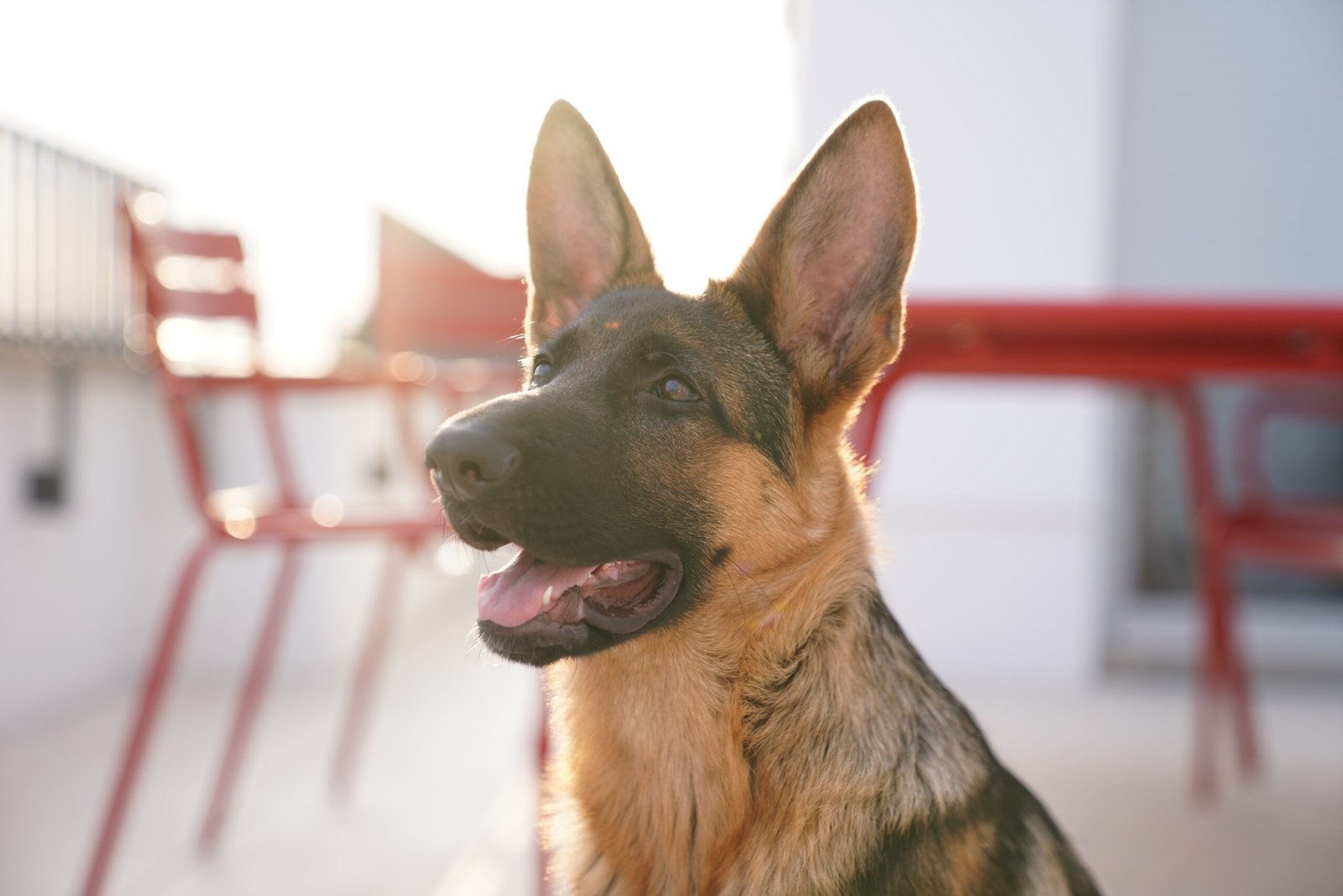Have you ever watched your loyal German Shepherd struggle to get up after a nap, their once-smooth stride now stiff and slow? It’s a heartbreaking sight for any dog lover. Aging German Shepherds are especially prone to hip problems, making mobility a daily challenge. But the good news is, you can make a huge difference in their comfort and quality of life. With the right care and a little extra attention, you can help your furry friend stay active, happy, and pain-free for as long as possible. Here’s everything you need to know to support your German Shepherd’s hip health as they grow older.
Understanding Hip Problems in German Shepherds

As your German Shepherd grows older, their strength and loyalty remain as steadfast as ever—but their hips may begin to tell a different story. Known for their active lifestyles and athletic build, German Shepherds are also genetically prone to hip issues like dysplasia and arthritis, especially in their senior years. The good news? With the right care, you can help ease discomfort, maintain mobility, and support your dog’s quality of life well into their golden years.
Hip issues are unfortunately common in German Shepherds, especially as they age. The most well-known condition is hip dysplasia, a genetic disorder where the hip joint doesn’t fit together properly. Over time, this can lead to arthritis and severe discomfort. You might notice your dog hesitating to climb stairs, limping after play, or struggling to rise from the floor. These signs can be worrying, but recognizing them early is crucial. It’s not just about genetics—factors like weight, exercise, and even diet can influence hip health. When you know what to look for, you can take action before the problem becomes overwhelming.
The Importance of Early Detection

Catching hip problems early can make all the difference for your German Shepherd. Regular vet visits allow for routine checks, and your vet may recommend x-rays if you notice any changes in your dog’s movement. Early intervention can slow the progression of joint issues and keep your dog more comfortable. You might be surprised at how subtle the signs can be at first—a slight limp, a reluctance to jump, or even a change in mood. Trust your instincts. If your dog doesn’t seem like themselves, it’s better to ask your vet early on rather than waiting for things to get worse.
Maintaining a Healthy Weight
Excess weight puts tremendous strain on a German Shepherd’s hips. Even a few extra pounds can speed up joint damage and worsen pain. Keeping your dog at a healthy weight is one of the easiest and most effective ways to protect their hips. This means measuring food portions carefully and choosing high-quality, balanced diets. Treats are great for bonding but should be given sparingly. Regular weigh-ins at home or the vet can help you spot weight gain before it becomes an issue. Remember, a lean dog is a happy, mobile dog.
Choosing the Right Exercise Routine

Exercise is vital for maintaining hip health, but it’s all about balance. Too much high-impact activity, like jumping or running on hard surfaces, can harm aging joints. On the other hand, gentle, regular movement keeps muscles strong and supports healthy hips. Daily walks, swimming, and slow-paced fetch are excellent choices. Pay attention to your dog’s energy levels and adjust the routine as needed. If your German Shepherd seems sore after activity, give them extra rest and talk to your vet about alternative exercises. It’s not about pushing them—it’s about keeping them moving comfortably.
Nutrition and Joint Supplements

What your German Shepherd eats can have a big impact on their hip health. Diets rich in omega-3 fatty acids, glucosamine, and chondroitin can help reduce inflammation and support joint function. Many high-quality dog foods include these ingredients, but supplements are also available if your vet recommends them. Don’t be tempted by miracle cures—stick to proven, vet-approved options. Hydration is just as important, so always provide plenty of fresh water. A healthy diet is the foundation for strong, flexible hips in any aging dog.
Creating a Supportive Home Environment

Simple changes at home can make everyday life much easier for your German Shepherd. Slippery floors can be tough on unstable hips, so consider adding rugs or mats where your dog walks most often. Ramps or stairs help them get on beds, couches, or into cars without straining their joints. Orthopedic dog beds offer extra support and cushion sore hips, making rest more restorative. Even the smallest adjustments can help your dog feel safer, more independent, and less anxious about moving around.
The Role of Physical Therapy
Physical therapy isn’t just for people—it’s an incredible tool for dogs with hip issues, too. Canine physical therapists can guide your German Shepherd through gentle exercises that build strength and improve mobility. Treatments like massage, hydrotherapy, or even acupuncture can ease pain and boost flexibility. Many pet owners are amazed at how much therapy helps their dogs regain confidence and joy in movement. If you’re unsure where to start, ask your vet for recommendations on certified canine therapists in your area.
Pain Management and Medications
When hip pain flares up, medication can bring much-needed relief. Vets may prescribe anti-inflammatories, painkillers, or joint-protective drugs to help your German Shepherd feel better. It’s important never to give human medications without veterinary guidance, as some can be toxic to dogs. Work closely with your vet to find the right combination and dose for your pet. Many owners worry about side effects, but with careful monitoring, medications can dramatically improve quality of life and keep your dog comfortable through their golden years.
Knowing When to Seek Help

Sometimes, despite your best efforts, hip problems can become severe. If your German Shepherd is in constant pain, refuses to walk, or loses interest in daily life, it’s time for a serious conversation with your vet. Advanced treatments, such as surgery, may be necessary in extreme cases. Don’t feel guilty—seeking help is an act of love. Your vet can guide you through all available options and help you make decisions that are best for your dog’s comfort and dignity. Remember, you’re not alone in facing these challenges.
Celebrating the Special Bond

Caring for an aging German Shepherd is a journey filled with ups and downs, but also with so much love. Every effort you make to support their hip health is a testament to the deep bond you share. Cherish the little victories—an eager tail wag, a happy bark, or a slow but steady walk together. Your patience and devotion mean the world to your loyal companion. Isn’t it amazing how much our dogs teach us about resilience, loyalty, and the power of a gentle touch?






